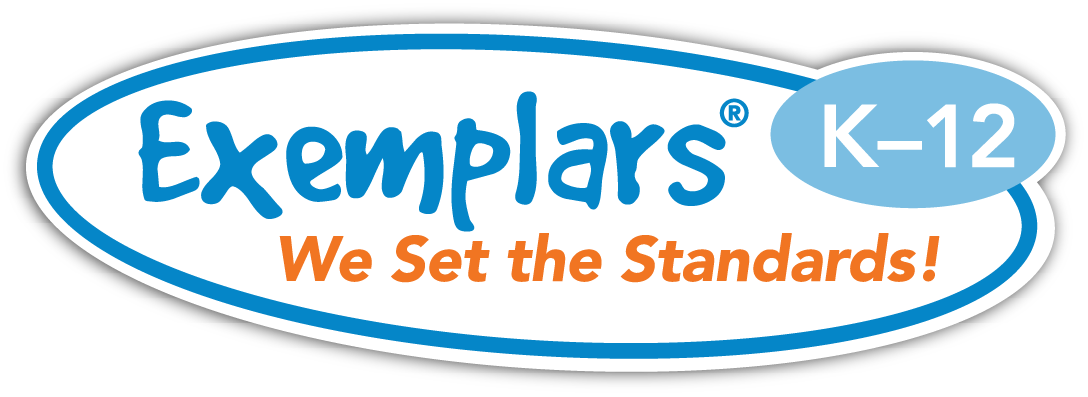How Can Exemplars Support Best Practices in Science?
By Tracy Lavallee, 4th Grade Teacher and Exemplars Science Consultant
 Long gone are the days of the stand and deliver as an effective way to teach. Science instruction is now more about sense-making than memorization.
Long gone are the days of the stand and deliver as an effective way to teach. Science instruction is now more about sense-making than memorization.
Science is no longer a fixed set of facts and information to be memorized, but rather a way to experience and understand how our world works through a more open-ended and student-centered approach. It is no longer lab experiments with one correct answer, but rather an inquiry-based approach to designing and conducting investigations to answer students’ own questions about science concepts.
Science today helps students build on prior experiences and guides them through experiential opportunities that allow them to construct a deeper understanding of science concepts and to authentically use the skills of science. Science pedagogy has changed in many meaningful and important ways. Best practices in science have been around now for a while. But what are those best practices and how can Exemplars support them in the classroom?
What are Best Practices in the Science Classroom?
Best practices in science can best be defined as students thinking, doing, talking and collaborating about science. The effective science classroom is learner-, knowledge-, assessment-, and community-centered.
- It means taking students from where they are with their prior knowledge and developing and guiding them to a deeper conceptual understanding.
- It means engaging students with real-world ideas and problems and allowing them to grapple with and construct genuine meaning.
- It means opportunities for rich discourse with others and to be reflective about how their preconceptions and misconceptions have changed.
- It means seeing science as dynamic and interconnected.
According to NSTA’s, Designing Effective Science Instruction: What Works in Science Classrooms, (Anne Tweed, 2009) best practices mean that teachers should:
- Assess for prior student understanding of the science concepts.
- Actively involve students in the learning process.
- Help students be more metacognitive so that they can acknowledge the science concepts they understand, the goals for their learning, and the criteria for determining achievement of the learning goals.
- Ensure that learning is interactive and include effective classroom discussions.
The Changing Role of Assessment
One of the most important aspects of effective instruction is the changing role of assessment. Assessment should be ongoing and shared with students. It is both formative for instruction and cumulative to assess student learning.
Formative assessment provides a way for teachers to focus instruction on what and how students are learning. Incorporating formative assessments as part of instruction results in creating an environment focused on learning for all.
Formative assessment is a process, one in which information about student learning is gathered and then used to modify teaching and learning activities to best meet the needs and interests of students. It also means involving students in the assessment process and helping them to be more reflective and engaged in their own learning.
Exemplars Supports Best Practices
Exemplars Science is a standards-based assessment program. It is designed to help teachers use formative and cumulative assessments in their classrooms in a more focused and intentional way. It offers teachers opportunities to assess students’ learning throughout a unit of study and engages students in their learning and assessment with performance-based tasks and rubrics.
Exemplars tasks are created by teachers and utilize the 5E model (Engagement, Exploration, Explanation, Elaboration, and Evaluation) for instruction and assessment. The tasks are aligned with both NRC and NGSS standards. They are hands-on and open-ended allowing students to construct and explain their understanding of concepts while using the skills of scientists and engineers. Exemplars can help teachers design and facilitate effective science instruction and assessment. Using Exemplars Science in the classroom is best practice.

